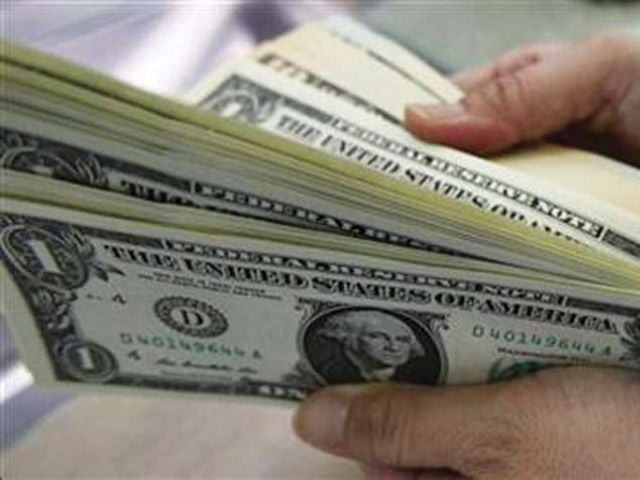Political events in 2016 have left currency markets restless
Trump’s election, Brexit all had severe economic implications

This has already been exhibited in the form of ‘Brexit’, business tycoon Donald Trump winning the US general election and the rise of nationalist parties elsewhere in Europe and Britain.
The economic factors behind this phenomenon were explained by renowned columnist Martin Wolf in a recent issue of the Financial Times. He is of the view that the Eurozone has not only suffered poor overall economic performance post the global financial crisis of 2007 but has also proved to be a machine for generating economic divergence among members rather than convergence. This has been a pivotal reason behind the rise of nationalistic sentiments across the globe. This wave has had widespread economic implications, rattling domestic financial markets, as witnessed globally through volatility in the foreign exchange markets.
Exchange rate volatility
Following the vote on Brexit, the pound sterling sharply fell against other big currencies on fears of UK’s weak economic outlook. Investors feared Britain’s weak trading position would spark recessionary trends in the economy which resulted in the Bank of England Governor Mark Carney to step in to calm financial markets that all measures would be taken to secure economic and financial stability.
Sterling has, however, continued to depreciate from a high of $1.49/pound on June 23 to $1.27/pound on December 6 2016, falling by almost 15%.
The outcome of the recent US election also led to significant volatility in various exchange rates. Japan’s Nikkei plunged 5.4% on November 9, 2016 (election night), Mexican peso also reacted sharply as it started to become evident of an eventual Trump win.
The Pakistani experience
Pakistani rupee has broadly remained stable in the wake of recent events that have sent shockwaves to global currencies. This has been on the basis of stable foreign exchange reserves and high portfolio investment flows in the country. This has also been reiterated by the recent monetary policy statement released by the State Bank of Pakistan on November26, 2016. The report states that the continuous buildup of external buffers has improved the country’s resilience against external uncertainties.
Increased portfolio investment has also helped keep the rupee exchange rate steady. Portfolio investment increased by $660.5 million in July-October FY17 relative to the same period last year. A large proportion of this foreign investment has been in energy primarily coal power projects and oil and gas exploration. The stability in the rupee exchange rate could also be explained by a general portfolio rebalancing effect in which investors shift their investments towards more profitable markets.
Future outlook
Globally, outlook for various exchange rates remains grim. According to a recent foreign exchange outlook by Scotiabank, currency markets remain vulnerable due to various uncertainties.
Investors are uncertain about the outlook for the dollar due to shifting policies of the newly elected US administration. Ongoing process to commence the Brexit negotiations also poses risks for the pound sterling and the euro. Lastly, emerging market currencies are also prone to heightened volatility. All eyes would be on China.
Large current account deficit currencies in the emerging market universe may be especially vulnerable.
The writer is an economist and ex-central banker
Published in The Express Tribune, December 12th, 2016.
Like Business on Facebook, follow @TribuneBiz on Twitter to stay informed and join in the conversation.



















COMMENTS
Comments are moderated and generally will be posted if they are on-topic and not abusive.
For more information, please see our Comments FAQ